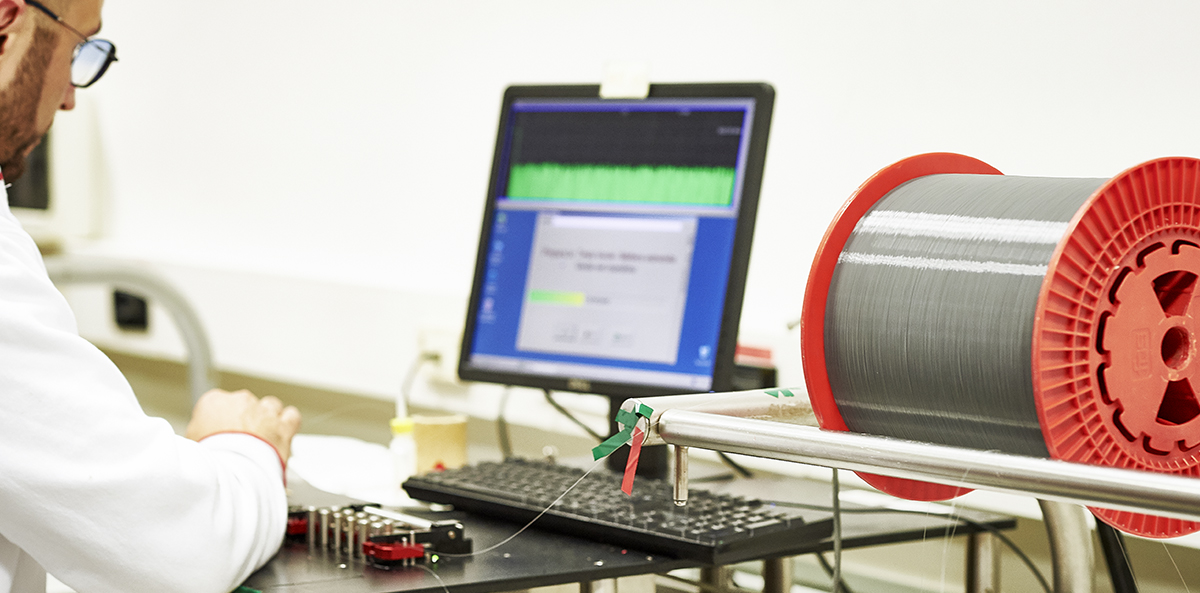Using Big Data to make Prysmian’s factories even more efficient

Meeting business needs with Artificial Intelligence solutions

FOS, or Fibre Ottiche Sud, produces about 50% of all the optical fibre made in Europe by Prysmian Group, and Prysmian is Europe’s largest producer of optical fibre.
“Reaching important results at FOS means to transform this initiative into a strategic program for Prysmian,” says Prysmian Group Chief Strategy Officer Fabio Romeo. “Thanks to this experience we will identify a portfolio of models and tools, the needed competences and the main operational requirements to replicate this solution in other plants.”
“This Digital Innovation Lab initiative will accelerate our journey towards a new data-driven culture: the Predictive Quality solution can complement our strong business expertise with data-based knowledge to confirm our business assumptions, filter historical bias and discover some ‘hidden’ insights,” says Prysmian Group Chief Digital Officer Stefano Brandinali.
“The goal is to produce a layer of Artificial Intelligence and obtain software that will be integrated in our production systems.
The project has a strong link with the plant’s business challenge. We don’t want to just enhance the value of data on its own. We want to meet business needs.”
The project has a strong link with the plant’s business challenge. We don’t want to just enhance the value of data on its own. We want to meet business needs.”

Carlotta Dainese
head of the Digital Innovation Lab
FOS, or Fibre Ottiche Sud, produces about 50% of all the optical fibre made in Europe by Prysmian Group, and Prysmian is Europe’s largest producer of optical fibre.
“Reaching important results at FOS means to transform this initiative into a strategic program for Prysmian,” says Prysmian Group Chief Strategy Officer Fabio Romeo. “Thanks to this experience we will identify a portfolio of models and tools, the needed competences and the main operational requirements to replicate this solution in other plants.”
“This Digital Innovation Lab initiative will accelerate our journey towards a new data-driven culture: the Predictive Quality solution can complement our strong business expertise with data-based knowledge to confirm our business assumptions, filter historical bias and discover some ‘hidden’ insights,” says Prysmian Group Chief Digital Officer Stefano Brandinali.





